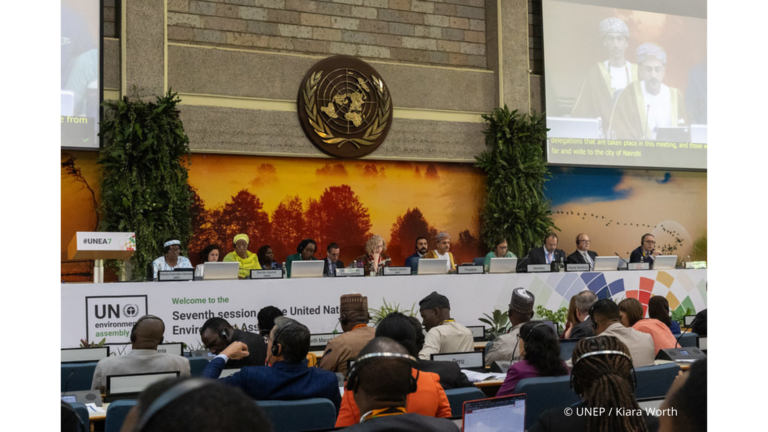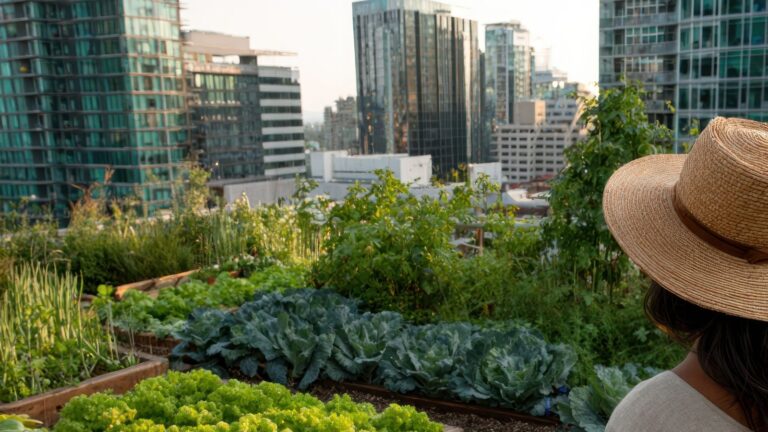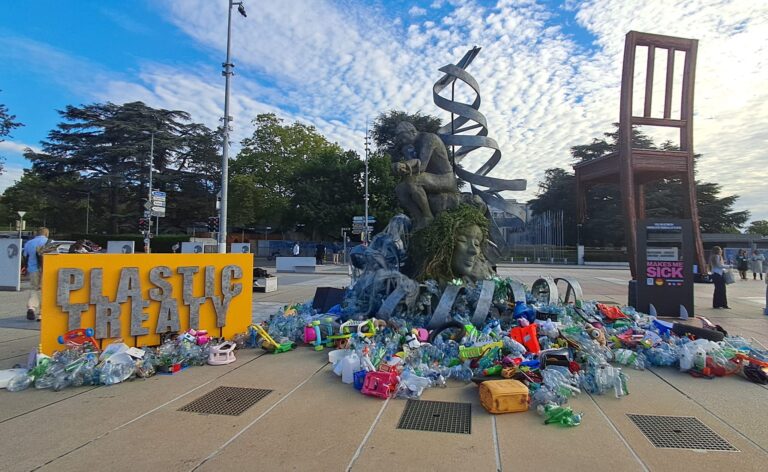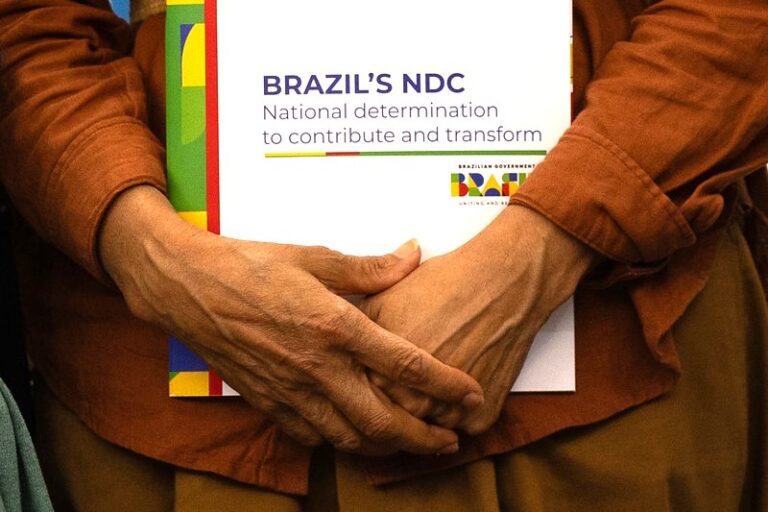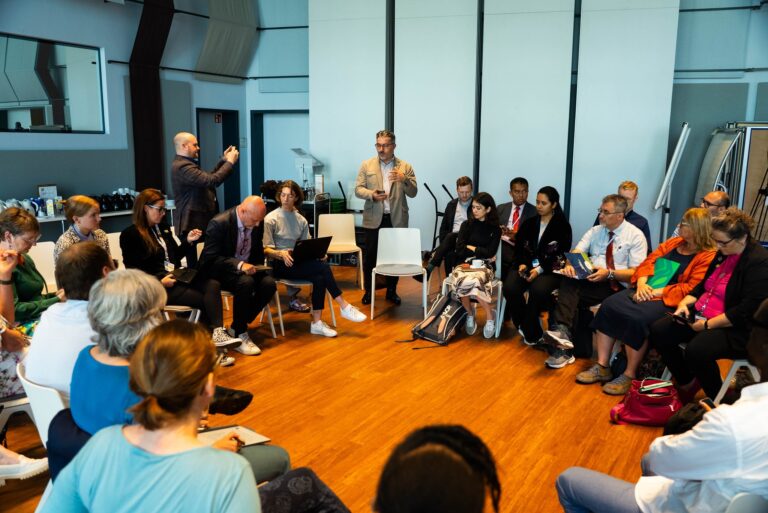Eight signs 2026 isn’t business as usual for urban sustainability agendas
For better or worse, the year ahead brings a mix of reforms, political shifts and global milestones that will shape how urban sustainability agendas are governed and delivered. Here’s what local and regional governments should be on the lookout for this year.


